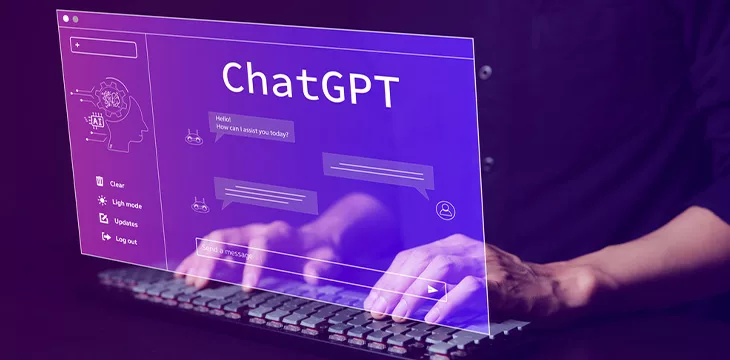|
Getting your Trinity Audio player ready...
|
Artificial intelligence (AI) company OpenAI has announced a new version of ChatGPT made for universities and educational institutions in a valiant attempt to gobble up market share from competitors.
According to an official disclosure, the new offering will be powered by OpenAI’s flagship model, ChatGPT-4o, and is expected to be deployed by university students, professors, and administrative staff.
Dubbed ChatGPT Edu, the announcement claims that the offering has advanced text and vision functionalities in addition to advanced data analysis capabilities. The new AI offering for higher learning institutions comes with enterprise-level security, collaborative features, and an affordable price tag.
Plans for ChatGPT Edu began in late 2024 following the early successes of several universities across the U.S. in integrating ChatGPT Enterprise into their operations. Despite the limited functionalities, researchers at the University of Columbia leaned on ChatGPT Enterprise to reduce overdose fatalities using AI.
Others use the chatbot to conduct final reflection assignments and develop an AI-based language tutor for advanced use cases.
With ChatGPT Edu, universities will have full access to GPT-4o, with its advanced functionalities in text, math, and coding. Researchers and students are expected to benefit from its document summarization and advanced data analytics skills beyond existing offerings in the market.
“Integrating OpenAI’s technology into our educational and operational frameworks accelerates transformation at ASU,” said Kyle Bowen, Deputy CIO at Arizona State University. “We’re collaborating across our community to harness these tools, extending our learnings as a scalable model for other institutions.”
Universities outside the U.S. will have access to ChatGPT Edu, which supports up to 50 foreign languages. The ability for users to create custom GPTs and higher messaging limits is expected to drive adoption metrics for the newly minted AI offering.
OpenAI says it will not skimp on user privacy, with ChatGPT Edu offering users a range of administrative controls and assurance that conversations will not be used to train the company’s AI models.
Safety concerns
Despite the OpenAI’s claim of safety, critics are taking swipes at the company for its lack of internal safety mechanisms, a claim accentuated by ex-employees.
Several regulators have poked holes in the company’s data handling processes, with Italian and Japanese authorities leading the charge. While integrating with other emerging technologies may provide an alternative to the data issues, the firm has made little progress toward a robust embrace in recent months.
“We take seriously the full spectrum of safety risks related to AI, from the systems we have today to the furthest reaches of superintelligence,” said OpenAI in October. “To support the safety of highly-capable AI systems, we are developing our approach to catastrophic risk preparedness.”
In order for artificial intelligence (AI) to work right within the law and thrive in the face of growing challenges, it needs to integrate an enterprise blockchain system that ensures data input quality and ownership—allowing it to keep data safe while also guaranteeing the immutability of data. Check out CoinGeek’s coverage on this emerging tech to learn more why Enterprise blockchain will be the backbone of AI.
Watch AI Summit PH 2023: Philippines is ripe to start using artificial intelligence

 07-15-2025
07-15-2025 





